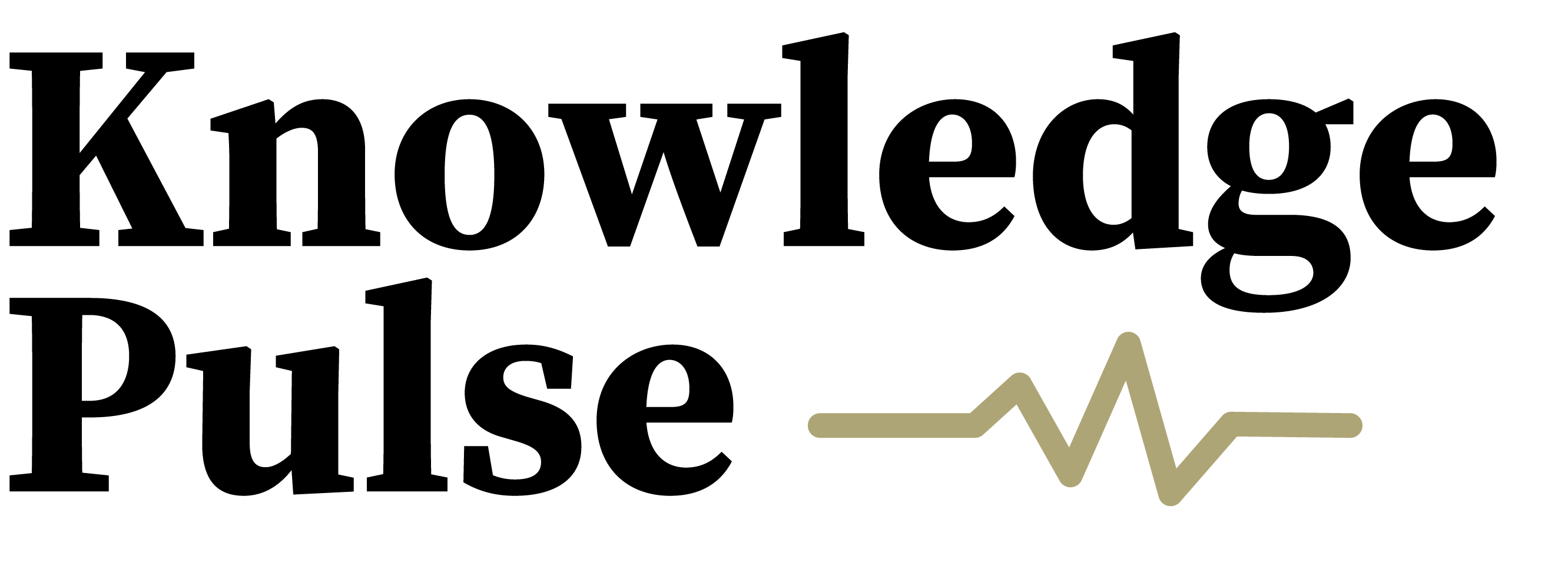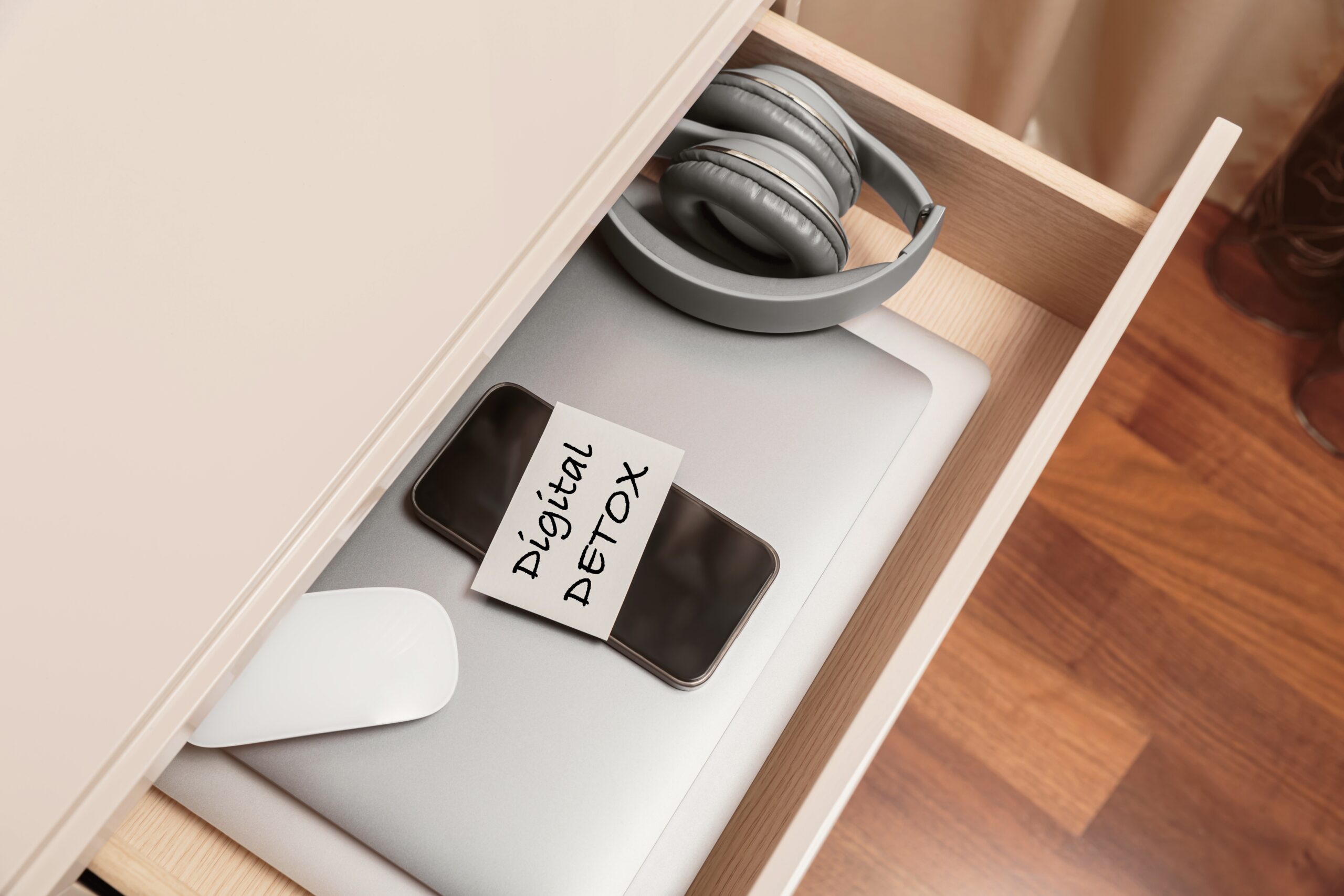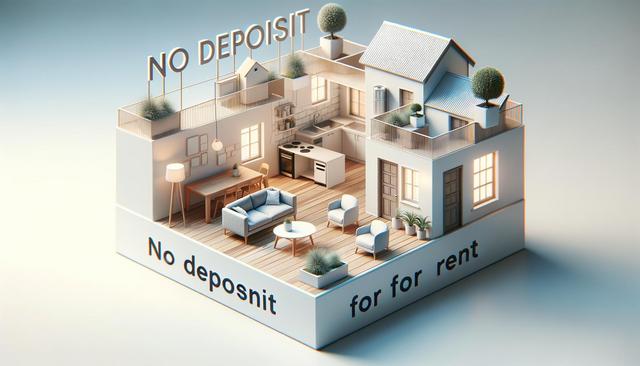Understanding Zero Deposit Rentals
Zero deposit rentals are gaining popularity, especially among renters looking to avoid the traditional upfront costs associated with moving into a new apartment. These types of rentals allow tenants to move in without paying a security deposit, which can often equal one or two months’ rent. Instead of a lump-sum deposit, renters may pay a small monthly fee or agree to other terms, depending on the landlord’s requirements.
The appeal of apartments with no upfront deposit lies in accessibility. For many renters, saving for a security deposit can delay the moving process or limit housing options. With rentals without a security deposit, tenants have more flexibility and financial breathing room at the beginning of their lease.
However, it’s important to understand that these arrangements do not eliminate financial responsibility. Renters are still liable for damages or unpaid rent as outlined in their lease agreement.
How No Deposit Rentals Work
There are different models that landlords and property managers use to offer no deposit required apartments. The most common include:
- Deposit replacement insurance: Renters pay a small monthly fee to a third-party company that insures against potential damages.
- Non-refundable fees: Instead of a refundable deposit, tenants pay a one-time non-refundable fee to move in.
- Increased monthly rent: Some landlords choose to increase the rent slightly in exchange for waiving the deposit requirement.
Each of these options has trade-offs. While avoiding the upfront cost is convenient, renters should carefully review the lease terms to ensure they understand what’s expected and what costs may arise later.
Advantages of Rentals With No Deposit
Choosing rentals with no deposit can be particularly beneficial for certain segments of renters. Among the key benefits are:
- Reduced move-in costs: Ideal for renters who need to relocate quickly or who don’t have the funds for a large deposit.
- Greater housing access: Opens up options for individuals with limited savings or those just starting out on their own.
- Simplified budgeting: With fewer up-front expenses, tenants can better manage their finances during the transition.
These advantages make no deposit apartments near me a practical solution in competitive housing markets or for those looking for temporary housing without a long-term financial commitment.
Things to Watch Out For
While no deposit options are attractive, they require careful consideration. Some potential drawbacks include:
- Non-refundable fees: Unlike traditional deposits that may be returned, many zero deposit models involve fees you won’t get back.
- Higher long-term costs: Monthly insurance fees or increased rent can add up over time.
- Limited availability: Not all landlords offer this option, and those that do may have specific eligibility criteria.
Before signing a lease on a no deposit required apartment, renters should ask questions such as:
- What happens if I damage the property?
- Are there any other fees involved?
- Can I switch to a traditional deposit later?
Understanding these details can help renters avoid surprises and make an informed decision.
Finding No Deposit Apartments Near You
Searching for no deposit apartments near me can be easier with the right resources. Online rental platforms, local housing agencies, and property management companies often list apartments with no upfront deposit. When searching, use filters and keywords like “rentals without a security deposit” or “zero deposit rentals” to narrow results.
Consider these tips when looking for no deposit options:
- Start early: These deals can be competitive, so begin your search ahead of your move date.
- Verify terms: Always confirm the lease details and any associated fees before committing.
- Check reviews: Research the landlord or property manager to ensure they have a good reputation.
By taking a proactive and informed approach, renters can find rentals with no deposit that meet their needs without compromising on quality or location.








